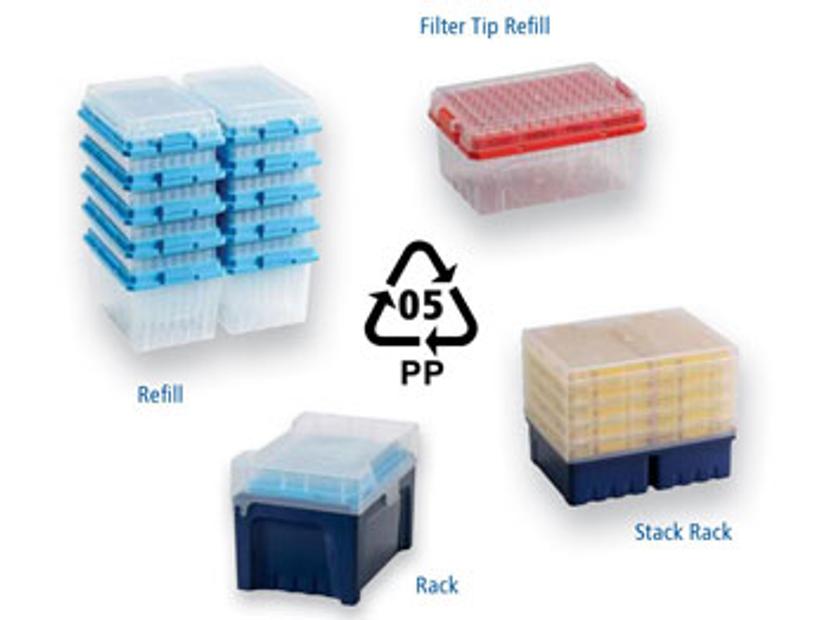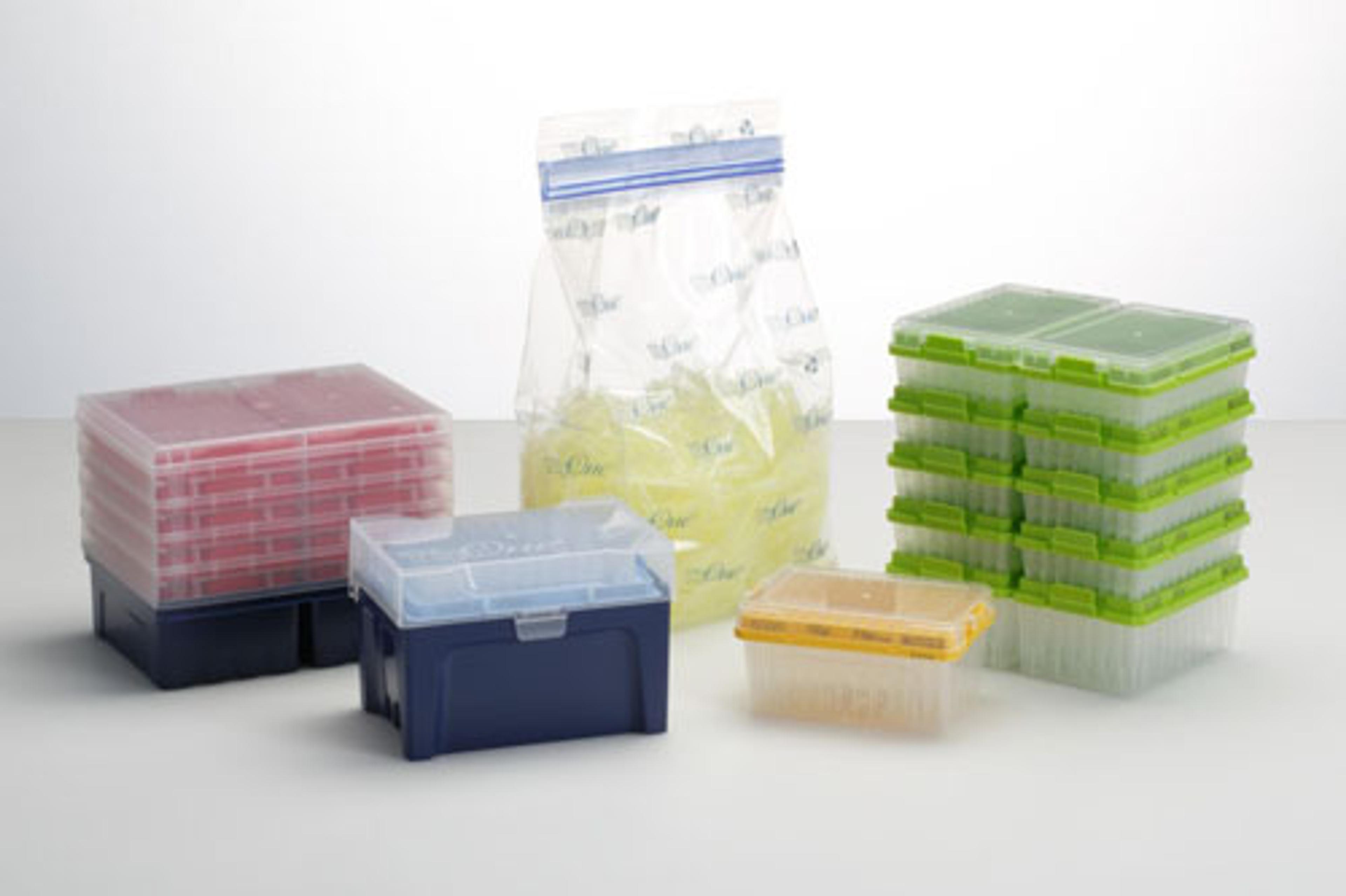3 Simple Steps to Reduce The Environmental Impact of Your Lab
Tips on improving the sustainability of your scientific research – a STARLAB case study
15 Oct 2018
Principles, such as the ‘three Rs’ of animal research, have been in place for over 50 years to help guide scientists and support good scientific practices. In recent years, environmentally conscious suppliers are applying this sort of thinking to help reduce the environmental impact of scientific research, without reducing its quality.
Due to the inherent need for accurate, repeatable results and highly sensitive work processes, the nature of scientific research is highly disposable and energy intensive. However, there are several ways you can start reducing your environmental impact. This can be anything from being more efficient with everyday equipment, such as maximizing your loading of autoclaves, to recycling the various plastic components and packaging that comes with many scientific purchases.
One of the stand-out incentives engaging in a sustainable, greener future for science is presented by STARLAB’s TipOne manufacture and recycling process. Consider how many pipette tips and other disposables are used in scientific research globally each day, and it’s all too easy to see why waste disposal is one of the biggest environmental issues the world faces today. That’s what makes processes such as those used by STARLAB so important, and highlights another set of highly relevant principles, the ‘three Rs’ of reuse, refill and recycle.
Reuse and refill

STARLAB's TipOne pipette tips and filter pipette tip refills aim to reduce environmental impact
Cross-contamination and sample interference are of key concern with pipettes, meaning that reusing pipette tips isn’t usually a good idea for accurate experimentation. However, consider the tip racks, packaging, refill spacers and wafers that come with your tips. At STARLAB, these components are designed differently:
- The design and manufacture process of these components reduce material use by up to 40%, and therefore reduce emissions and environmental impact.
- They aim to reduce as much waste as possible by being highly reusable and refillable. This is especially true for racks already out in the field, which have proved able to withstand reloading with refills and repeated autoclaving, while retaining stability, strength and shape.
- Non-filtered TipOne refills are designed so that autoclaving is not necessary, as certification is not compromised during racking, resulting in more efficient energy use.
Recycle
Some of the major complications facing recycling today is the diversity of waste and plastic types, and the availability of adequate recycling services. While hazardous and biological waste from laboratories still requires specialist handling, paper and plastics can be readily recycled. Manufacturers are starting to appreciate these challenges and have made steps to make things a little easier.
This is true of the TipOne® system, in which all components are made from the same material — polypropylene. This plastic can be handled by nearly all thermoplastic-processing methods, with the availability of polypropylene recycling programs growing. This makes it a good option for labs looking to reduce their environmental impact. For those not near a suitable recycling center, recycling bags (also made from recycled and recyclable materials), bins and crates can also be supplied to help you do your bit for the environment.
Responsible suppliers
The scale of the problem can seem overwhelming, so it’s important to pick a responsible supplier that is implementing and maintaining good sustainable business practices and helping to reduce the problem associated with research-based waste. For maximum impact, look for organizations with ISO 14001 certification or CIPS sustainability index rated suppliers that demonstrate high environmental management standards.
Want to know more?
- Find out more about STARLAB’s sustainability programs, and how it’s aiming to reduce its environmental impact by 5% each year
- Sign-up for STARLAB UK's recycling collection service for your lab
- Read about how Geoff Blunt, technical operations manager of the Faculty of Biology, Medicine and Health at The University of Manchester, works with suppliers that engage in strategies to reduce their environmental impact.


